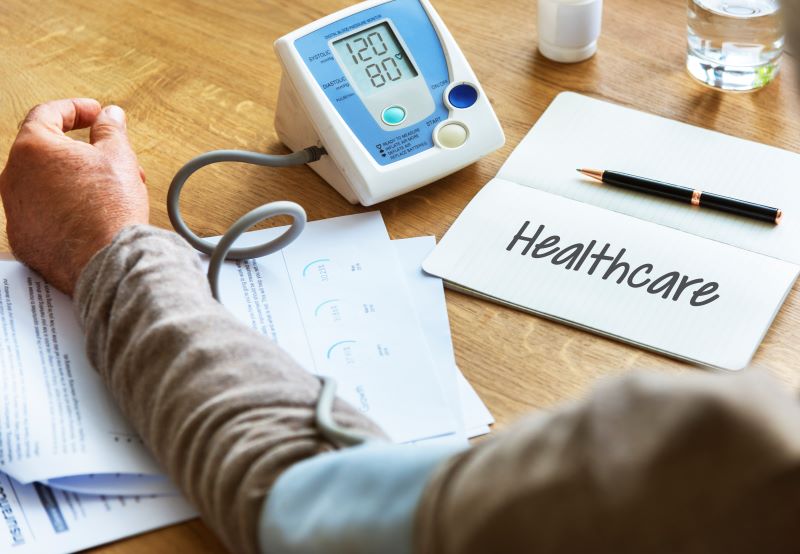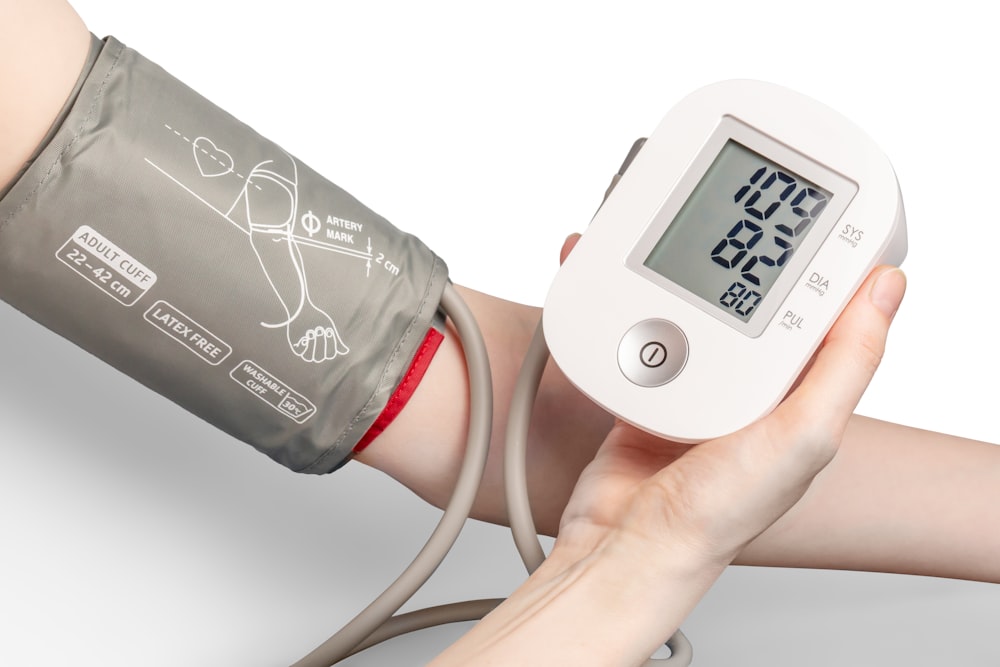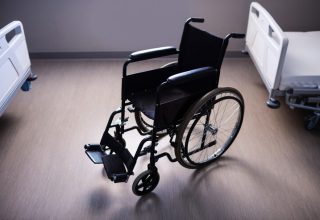Hypertension: Treatment, Causes, And Symptoms
Hypertension, or high blood pressure, is a complicated medical condition that raises the chance of difficulty in the brain, heart, and kidney. These dysfunctionalities are always leading to much more complex issues.
Hypertension is the measurement of the pressure of blood against blood vessel walls. When you experience higher blood pressure, it indicates the blood vessel pressure against the walls of the body is always too high.
One of the most dangerous things about this disease is that you may not know you have it, and that’s why it is often called the “silent killer”.
Let’s learn more about the treatment, causes, and symptoms of this disease.
Causes Of Hypertension
Usually, the cause of high blood pressure is unknown, and in many cases, it is the result of an underlying condition or an unhealthy lifestyle.
- There’s primary high blood pressure, which includes aging and unhealthy habits, while secondary high blood pressure includes various medical problems.
- There are multiple factors for primary hypertension, such as obesity, high salt intake, insulin resistance, excessive alcohol intake, smoking, and having a sedentary lifestyle. However, secondary hypertension has specific causes, and it’s a complication of another health problem, such as chronic kidney disease (CKD).
- This happens when the kidneys no longer filter out fluids, which leads to hypertension. Other conditions include diabetes, Cushing’s syndrome, hyperthyroidism, sleep apnea, and others. Note that several factors increase the risk of high blood pressure like age, ethnicity, weight, alcohol and tobacco use, etc.
What Are The Symptoms Of Hypertension Effects?

Usually, a person who’s experiencing high blood pressure may not notice any symptoms. Without detection, hypertension can damage the blood vessels, heart, and other organs. Note that it is vital you check your blood pressure regularly.
- In very rare and severe cases, it can cause sweating, anxiety, blushing, and sleeping problems. However, if your blood pressure is extremely high, you may experience severe headache, fatigue, nosebleed, vision problems, chest pain, etc.
Caution Actions: If you experience any of these symptoms, it may be a good time to visit your doctor. You could be having a hypertensive crisis, which might lead to a heart attack or stroke.
Try to monitor your blood pressure regularly, and if it is extremely high and you have these symptoms, don’t hesitate to visit the hospital. Additionally, the American Heart Association suggests that every adult should run a blood pressure check. Each year during routine health visits.
What Are The Treatments Of Hypertension?

After you find the symptoms of hypertension you have to take very prompt actions. Once you are late for taking action, you will start to suffer the problems in a more severe stage.
1. Medication
People who experience hypertension can use specific medications to treat it. Doctors often recommend a low dose at first and note that antihypertensive medications usually have minor side effects. A few classes of medications are considered “first line”, and sometimes, other ones are coupled with them to better control your high blood pressure.
Medications for hypertension include diuretics, calcium-channel blockers, beta-blockers and alpha-blockers, angiotensin-converting enzyme (ACE) inhibitors, and others.
The choice of medication will depend on the individual and any underlying medical conditions they may experience. People usually take diuretics, such as Lasix, which help the body get rid of unneeded water and salt through the urine.
This, along with making lifestyle changes, will help to control your blood pressure. Make sure you talk to your healthcare provider about the potential side effects when taking your blood pressure remedies and medicine, as they may change your dose or try a different medication.
2. Diet And Exercise
You can prevent hypertension by following a heart-healthy diet by eating more fruits and vegetables and less fat. Reduce salt intake and moderate alcohol consumption, as they may increase blood pressure.
The US NHLBI (National Heart, Lung, and Blood Institute) recommends the DASH (Dietary Approaches to Stop Hypertension) diet for people dealing with high blood pressure. It’s a flexible and balanced eating plan that lowers high blood pressure, reduces the risk of cardiovascular disease, and improves levels of fats in the bloodstream.
A healthy diet along with regular physical exercise will help you manage your body weight and be healthier. Individuals should engage in at least 150 minutes of moderate-intensity exercise every week or 75 minutes of high-intensity exercise per week.
For example, walking, jogging, swimming, or cycling, are excellent exercises to start right away. Additionally, don’t forget to manage and reduce your stress as it will help you control blood pressure. Start meditation, yoga, or going on long walks to relax.
Final Thoughts
Fortunately, there are many things you can do to reduce the risk of developing hypertension. This includes eating healthy, keeping a healthy weight by exercising regularly, cutting down on salt, and drinking alcohol in moderation. If you don’t treat this condition, it can put you at risk of developing serious illnesses later in life, such as kidney failure, heart attack, and stroke. So, consult with your doctor and follow their instructions in dealing with this disease.
Read Also:
- Is The Vegan Diet Good To Lose Weight?
- Facts About Bodybuilding And Sports Supplements
- Your Guide For Relapse Prevention And Recovery From Severe Addiction
- What Is Abdominal Pain And How To Treat It? Types, Causes, Treatment, FAQs, More




